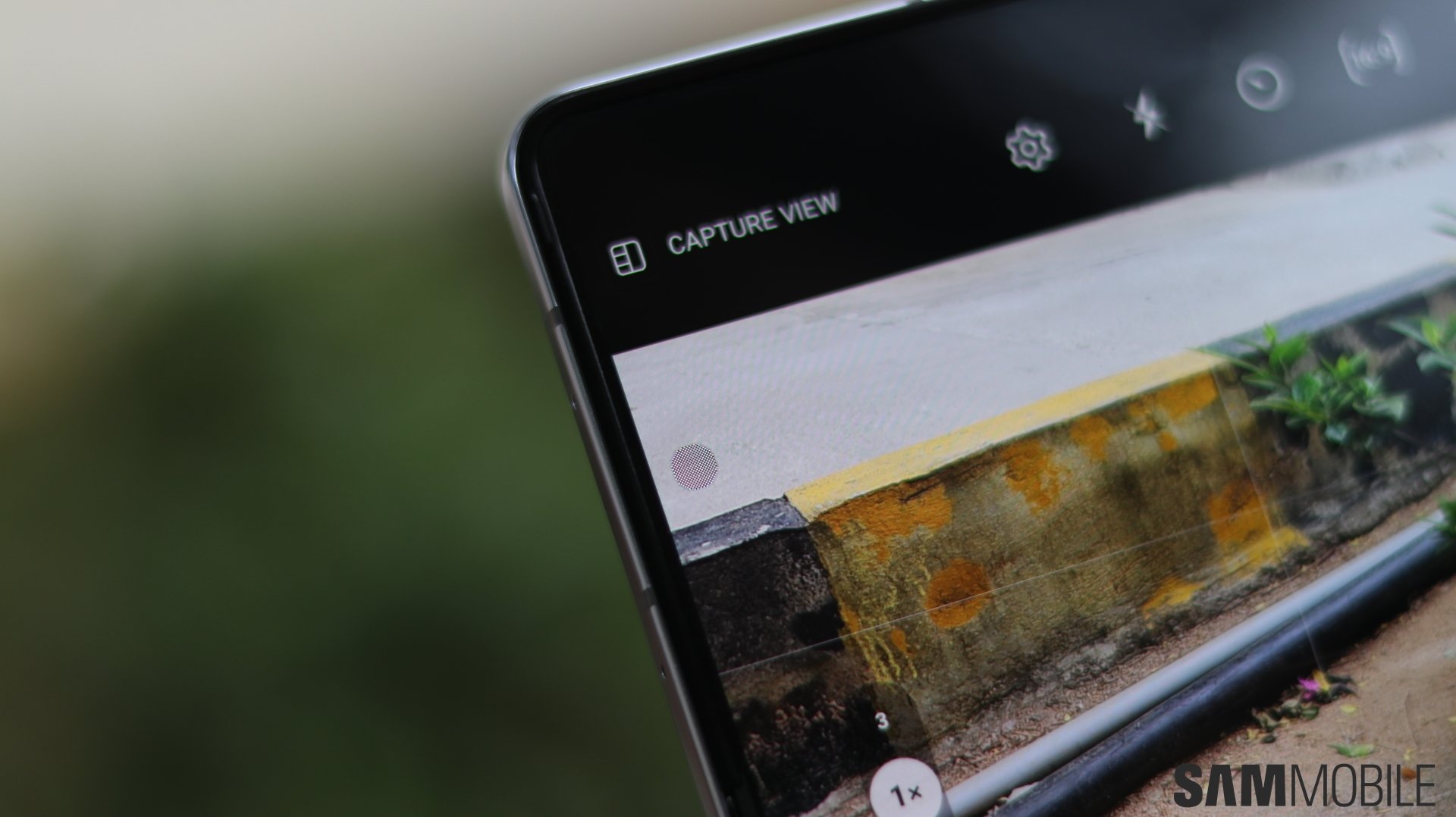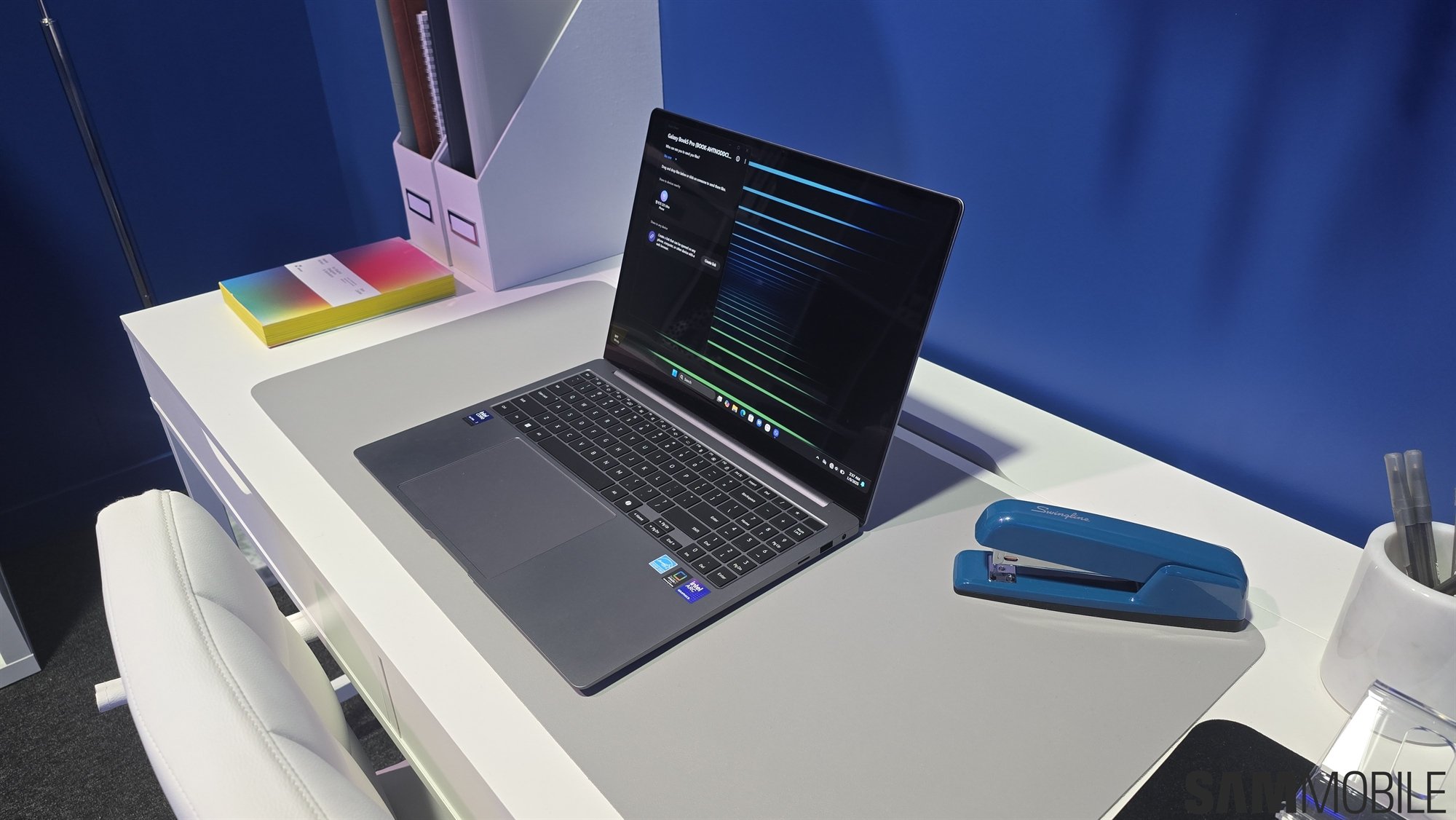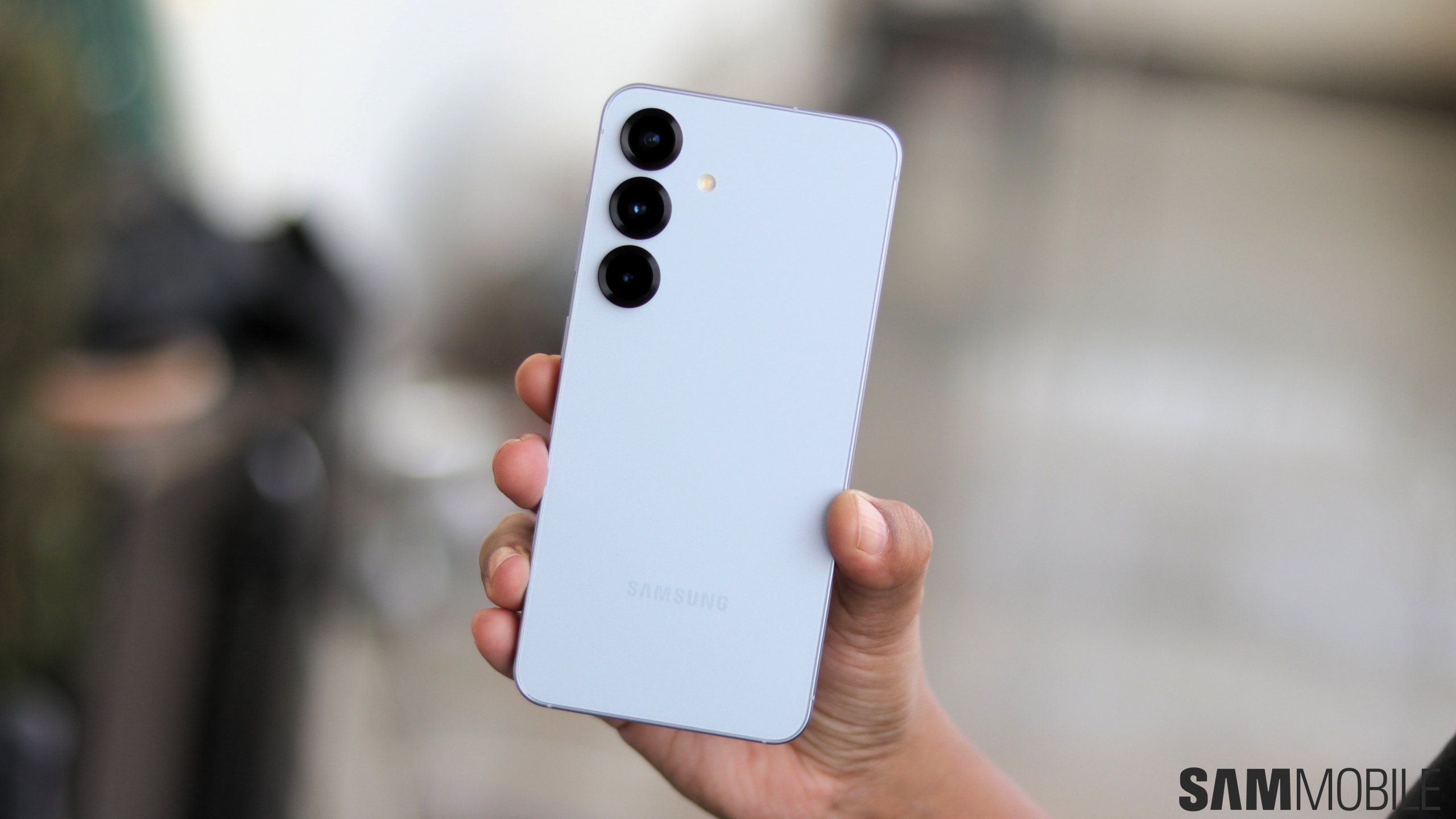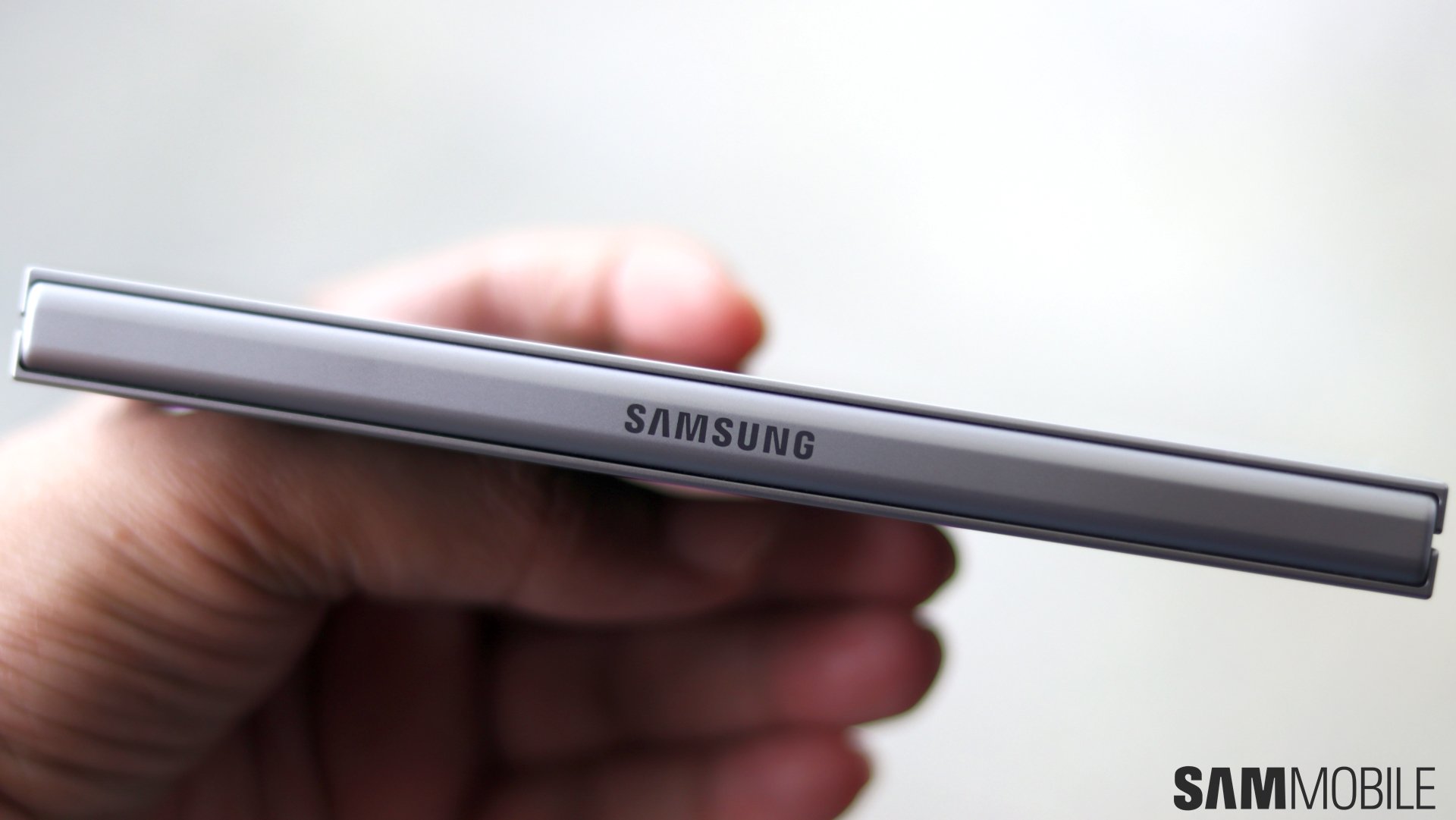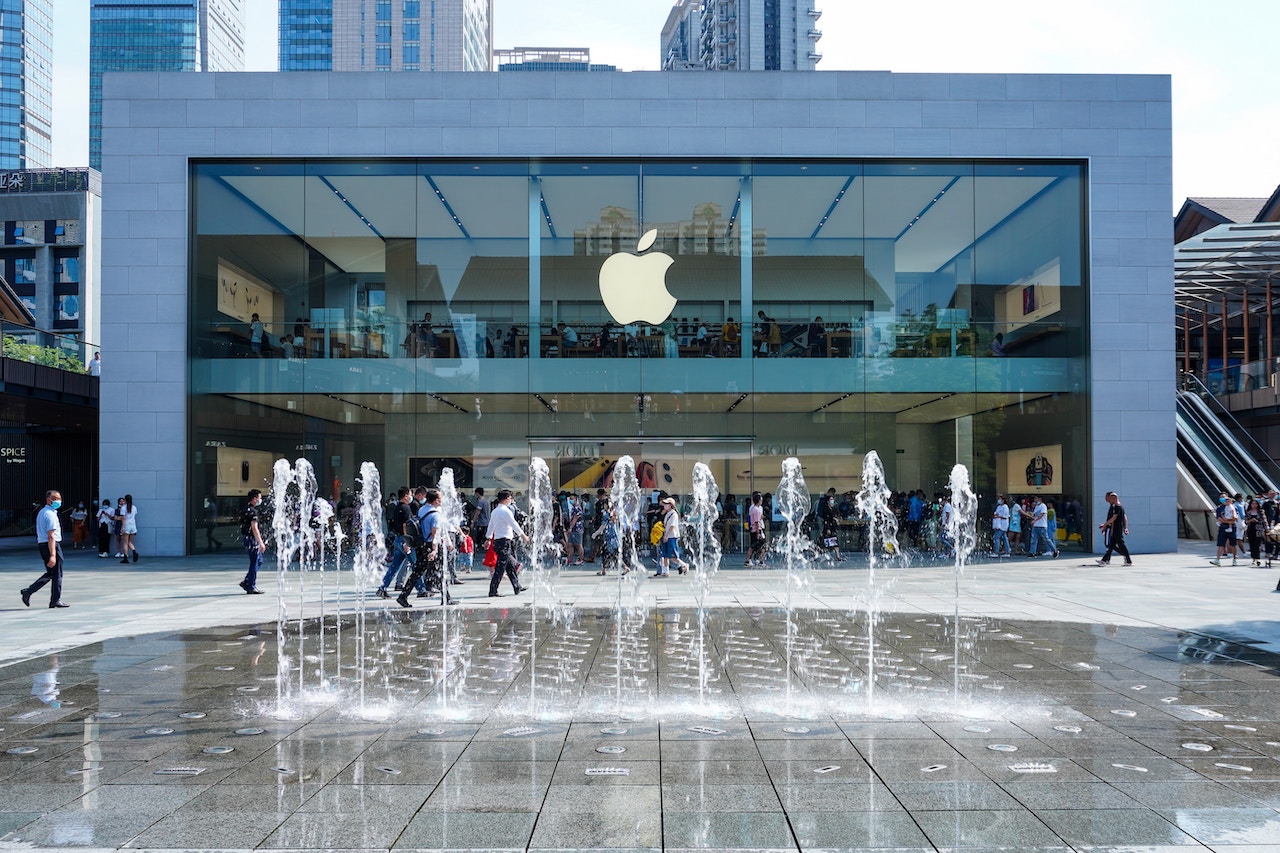
Apple's infamous walled garden ensured that people found it difficult to switch to Android. It actively strives to make the experience worse for competing products, and leaves pain points like the green chat bubbles in iMessage on purpose to even subconsciously nag people to buy an iPhone.
As the only other smartphone company that matches and exceeds the scale at which Apple ships phones, Samsung has always taken a different approach. It hasn't actively tried to trap its customers in the ecosystem, has collaborated with Google and other partners to improve the Android ecosystem for all OEMs, and has thrived in the face of competition on the back of its technological and engineering prowess, not by tactics to suppress it.
Apple's lately been running into a lot of problems with regulators over the way it runs things. The European Commission essentially forced it to adopt the USB-C standard and open up the iPhone's NFC for third-party payments. It's also been looking into the company's App Store practices. Relentless pressure also forced Apple to finally support RCS.
It still did come as a surprise when Apple ended up being sued on home ground by the US government. The Department of Justice has sued Apple, alleging that it maintains an illegal monopoly over the smartphone market. The antitrust lawsuit filed by the DOJ and 16 state and district attorneys general alleges that Apple locks in customers, drives up prices for users and app developers.
It's also alleged that contractual restrictions on developers are “selectively” imposed while important ways of access the devices are blocked to stifle competition. It further provides examples of Apple disrupting super apps, blocking video game streaming apps, not improving the messaging experience between iPhone and Android, limiting functionality of other smartwatches with the iPhone, and blocking developers from creating digital wallets that could rival Apple Pay as ways it maintains this monopoly.
DOJ Antitrust Division Chief Jonathan Kanter says by responding to competitive threats in this manner, Apple has been able to “extract higher prices from consumers, impose higher fees on developers and creators,” while also throttling competition from rival technologies.
The court has thus been petitioned to stop Apple from exercising its control of app distribution to block super apps and cloud streaming apps, as well as prevent it from undermining cross-platform tech like messaging, digital wallets, and smartwatches. Apple has already vowed to “vigorously defend” the case.
It's a pretty monumental decision for the US government to move against one of the country's top tech companies, particularly during a challenging geopolitical environment where tech companies are having to navigate different obstacles to secure advanced chipsets and other components to ensure the continuity of their business.
This lawsuit will come as a distraction that Apple wouldn't want at this time, but it's not like it has come out of the blue. Something had to give after Apple's downright arrogance with which it has operated in the market for decades, and it has.
You'll find many Apple users who feel that this lawsuit is misguided and that Apple's monopolistic attitude hasn't led to inferior experiences and higher prices. It wouldn't be unfair to say that you'll also find them to suffer from Stockholm syndrome, as they've been so used to being inside the walled garden that even the thought of venturing outside it makes them appreciate the captivity.
Samsung's way has been to foster collaboration within the ecosystem for the good of all. It has worked with Google closely to improve Android on foldable devices, and that partnership has benefitted all Android OEMs that make foldable phones that directly compete against the Galaxy Z Fold and Z Flip lineups. Similar outcomes have also been achieved with Samsung's collaboration with Google on Wear OS.
These are just two out of the many examples that show Samsung shunning monopolistic attitudes. It hasn't prevented other smart assistants from running on its device or other mobile wallets to use the NFC functionality. It doesn't force you to use Samsung Pay only or stick with just Bixby.
By virtue of being on the Android platform and having a more open and collaborative outlook, it has improved experiences for users and hasn't made it difficult to shift to another OEMs. Samsung hasn't relied on a monopolistic approach to retain customers, it has retained and grown its user base through the quality and diversity of its products and by taking chances on new technologies like foldables that still evade Apple.
It's difficult to predict what the outcome of this lawsuit against Apple will be, but it's bound to send shockwaves throughout the industry, if the court ends up agreeing with some of the allegations that the DOJ has made in this lawsuit. Apple obviously denies all of them and feels that the way it does things is central to the company's ability to provide quality products that its users expect from the company.
Be that as it may, there's only so much Apple can say and do to spin the story and position itself as being victimized by regulators. There's been growing discontent across the EU and at home against its practices. Major developers like Epic Games and Spotify have become fed up with Apple's selective application of policies, and have chosen to spend huge sums to bring lawsuits against the company.
Apple only makes changes to its approach as a manner of last resort, like it did for opening up NFC in Europe and adopting the USB-C standard. What concessions it ends up giving this time around to prevent a more drastic outcome, one that could even result in the breaking up of the company, is going to be a subject of much discussion as this lawsuit proceeds.












